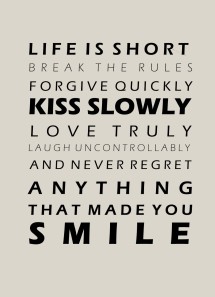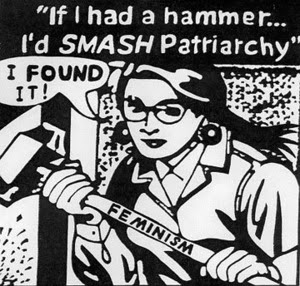My heart was racing, my body was trembling. I read though my letter one final, agonizing time, and pressed print. And then send.
And then it felt finished. Mostly finished anyway.
I wrote a letter to the faculty and staff at the school I just withdrew from, explaining my reasons for withdrawing. It took me about two weeks to write it. J edited it a few times, and a friend of ours did as well (thank you both for helping me with the nitty gritty part of making it sound all professional and intelligent).
Here’s my favorite part; it happens to be the concluding paragraph:
“I highly encourage the faculty members to reconsider the process in which they evaluated my experiences, to examine their own personal values and perspectives related to sex work and social justice, and to be more mindful of the messages they give to students regarding sharing personal information and the potential ramifications of sharing that information. I also request that the faculty, on behalf of future and current students, consider how they will include and exclude various populations from this profession for which they are gatekeepers. If sex workers, in the opinion of this institution, cannot become competent and ethical therapists, then perhaps the school should include that piece of information in the application process as well as consider the ethics and legality of such a claim.”
I have mostly felt really good about my decision, with the occasional twinge and shade of regret and questioning that seeps into the back of my brain (are you sure that was the right decision? why couldn’t you just stop dancing and agree with your professor so you could stay? most people would think you’re crazy! what if you were just being idealistic and radical? what if there isn’t a program that will feel right? you should have just stayed!). And then I shake it off when I remember the absurdity of the situation and try to imagine myself staying there given the atmosphere. This has been my mantra lately; I love this quote so much that I got a wall decoration with it:

Life IS short. Why waste it on an institution that clearly is un-supportive of my perspectives and experiences? Especially when I can be me somewhere else?
I am talking to a reporter about my experience at my school. We’re waiting to see if I receive any kind of response from the school before moving forward with a formal story. I’ll keep y’all posted on that one for sure.


